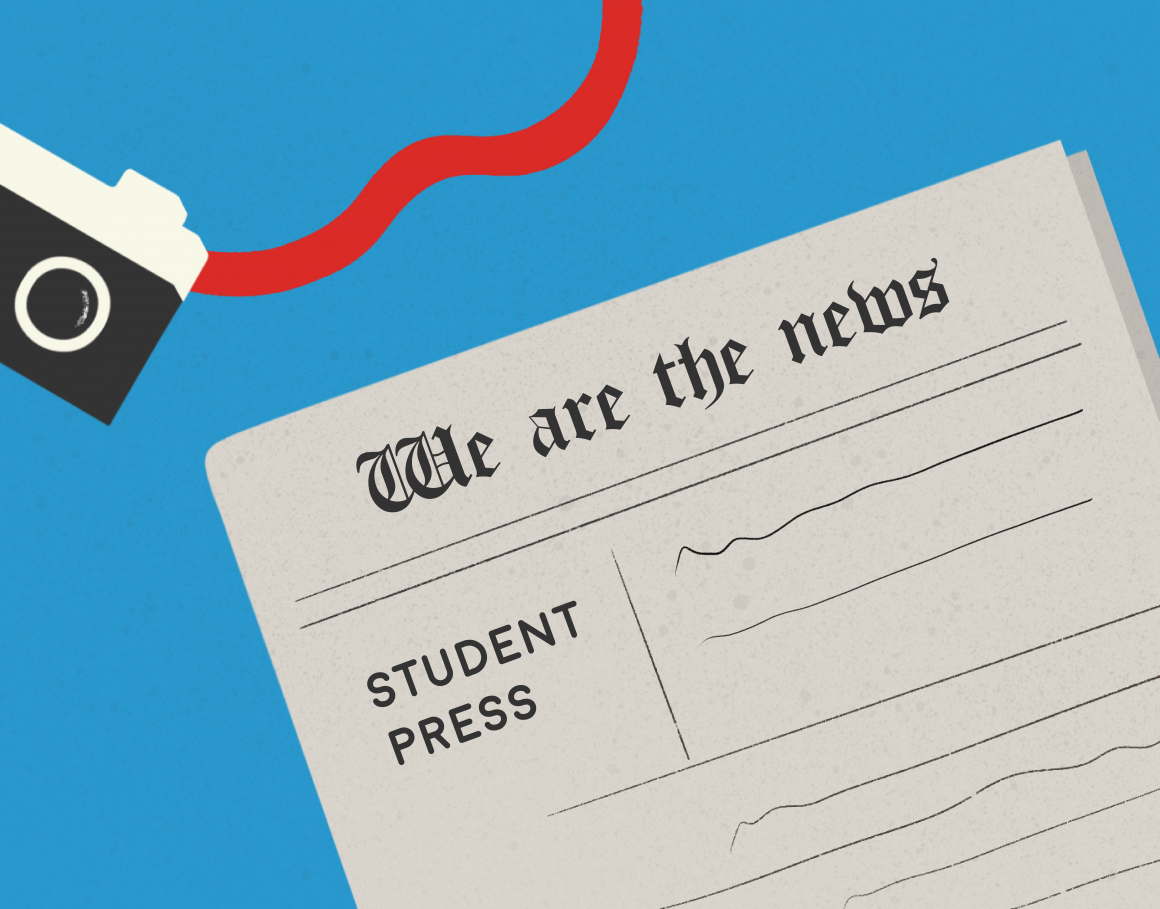
Access to university media relations vital for campus publications
September 13 2018 —
A story taking place elsewhere else in the Canadian student journalism sphere caught our attention a few weeks ago. A reporter from the Ubyssey, the University of British Columbia’s student paper, was denied comment by the University of Toronto’s media relations office. The reporter was conducting research for an article about how universities across the country educate new students about sexual misconduct on campus.
In the emailed response denying the Ubyssey access, the U of T’s media relations office said they were “unable to assist with requests from student media other than [their] own,” citing a high volume of media requests. Essentially, the only student journalists with consistent media access to the U of T — an institution whose input is essential for articles analyzing Canadian post-secondary affairs — are those attending that school.
This is far from an isolated incident. Talk to almost any student journalist in the country and you’ll hear similarly frustrating tales of their institutions’ media relations personnel obstructing or hindering their reporting, in ways that rarely apply to press members outside of student media.
One particularly egregious example for the Gauntlet took place in November 2017, when we reported on a story about racist posters on campus. The Gauntlet submitted a request for comment to the University of Calgary around the same time as StarMetro Calgary. We received near-identical statements, but the Metro received a statement almost 24 hours sooner than the Gauntlet.
While we hashed it out with the U of C’s media relations department, we didn’t make a public ordeal of that incident, which is fairly typical when student journalists are given restricted access to those the organizations primarily cover. That’s why it is refreshing to see the Ubyssey speak out about their treatment as second-class reporters and why we at the Gauntlet express our solidarity with them today.
Student journalists cover stories that matter to the communities they serve — their schools. Over the summer, for example, student publications from Vancouver Island to New Brunswick covered stories ranging from disarray at a literary journal to on-campus reconciliation to some seriously crazy fraud allegations against a students’ association president. Without the diligent and professional work of these individuals, important stories that occur at their schools may not otherwise find their way into the world.
If a media relations department is unable to adequately handle the volume of requests it receives, it should devote more resources to fulfilling requests rather than denying certain journalists access. And if a media relations office is able to send a statement to or set-up an interview with the CBC or the Toronto Star, then certainly they can do the same with student publications.
The work done by student journalists — or, to give them the more accurate title, journalists — has value. Universities and other public institutions must recognize that.
— Jason Herring, Gauntlet Editorial Board
